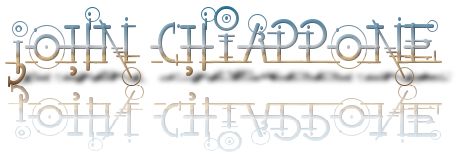|
THE LIMITS OF REASON

John Duns Scotus (1266-1308)

William of Ockham (1288 1348)
LIFE:
He was an English Franciscan friar and scholastic
philosopher who was charged with heresy.
He was excommunicated.
Ockham died of the Black Plague.
PHILOSOPHY:
1. Because God is omnipotent, creation
was an act of free will - not rational necessity.
The world could have been
created differently.
God could have
created ice so it sank or became hot.
Everything is
contingent. This includes morality.
There are no eternal
essences to restrict God's will. (n0`ominalism)
2. Universals are shorthand for similar
particular things. For example:
Humans are bipeds
means Socrates was a biped, Plato was a biped,
etc...
3. Only experience can tell us about the
world. (empiricism)
Although every event
has a cause, there are no necessary connections.
Experience only
provides probable knowledge of regularly occurring
events.
Proper reasoning
tells us what does exist - not what must exist.
4. Reason cannot prove a spiritual
substance exist behind our perceptions.
5. Ockham's Razor: (Also called the
principle of economy.)
"What can be explained on
fewer principles is explained needlessly by more."
This was original to
Aristotle, and it was ironically used to replace
Aristotle's science.
6. Both humans and God have freewill.
Freewill is the
foundation of morality.
If there is no
freewill, we aren't responsible for our actions.
QUESTIONS:
Although Ockham attempted to set the foundations of
science, is science as he described?
Does science go beyond experience?
Does science assert necessary connections?
Does science believe in essences?
|
